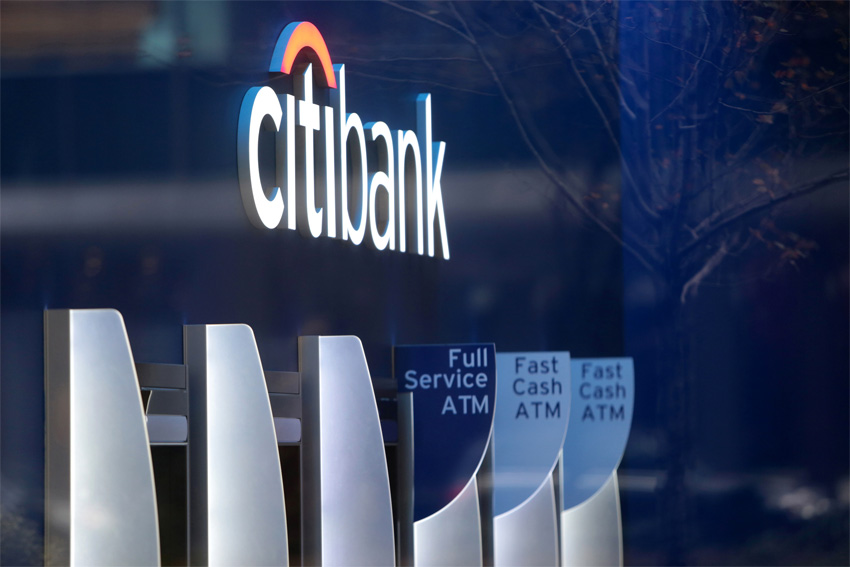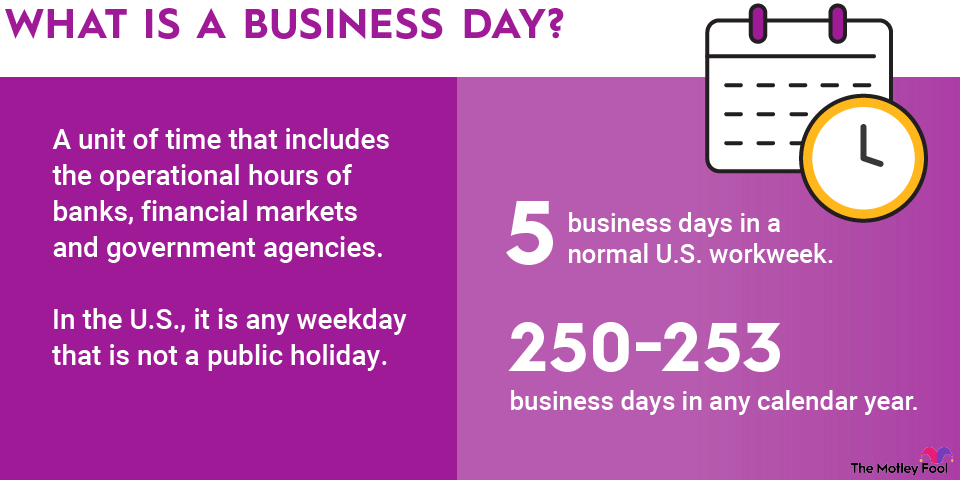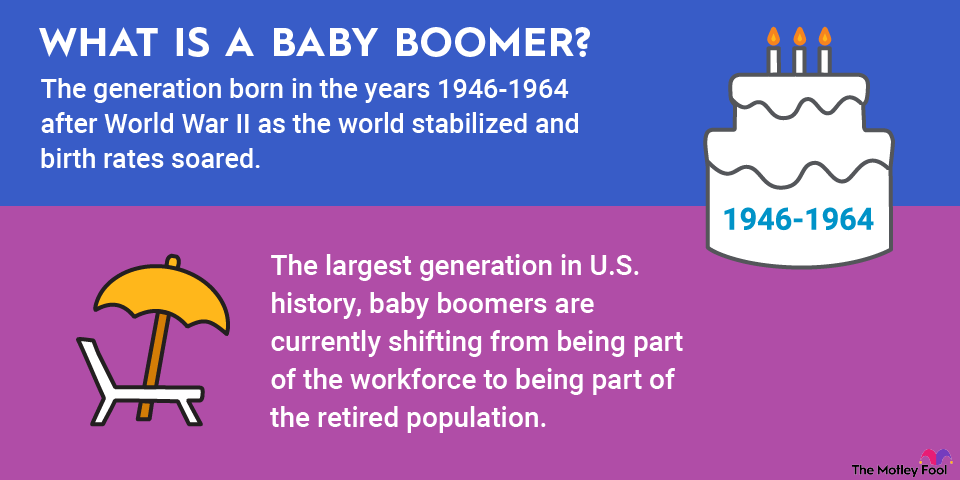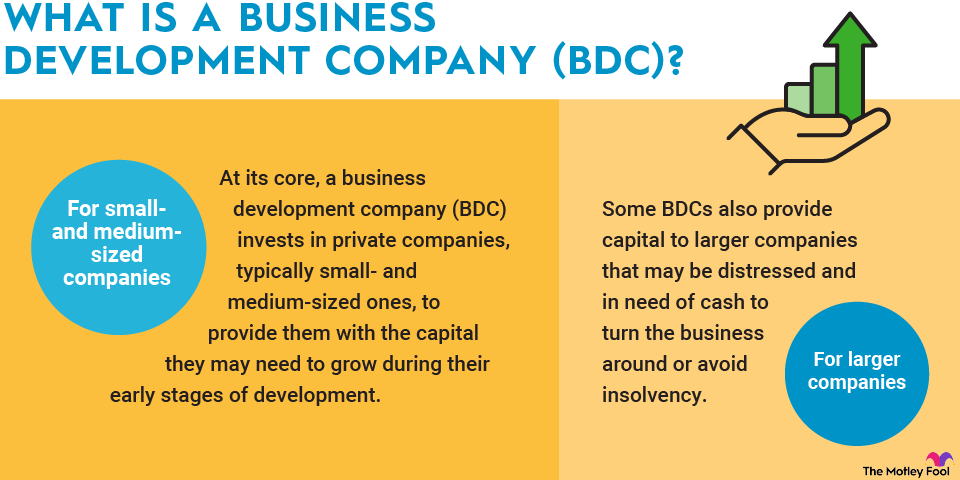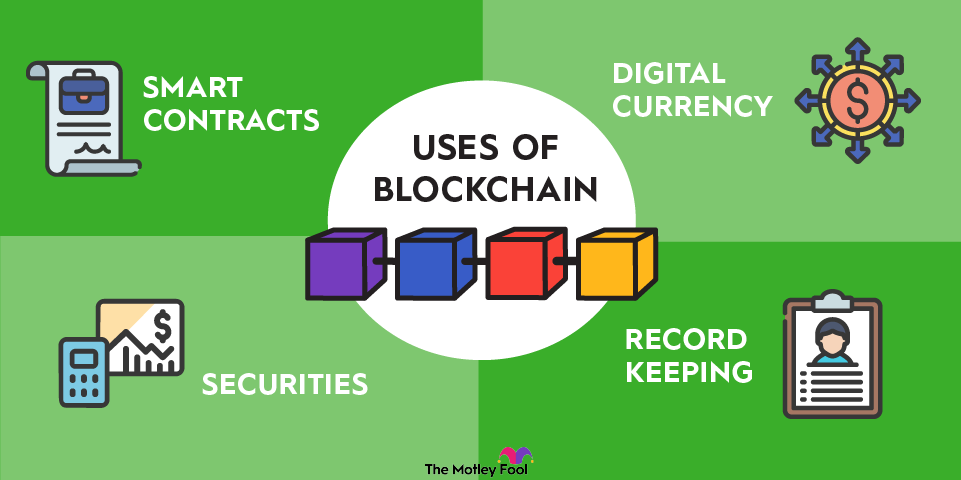Brick-and-mortar versus e-commerce
It's rare to see brick-and-mortar used as a term when e-commerce isn't somewhere lurking in the shadows. The two are closely related but entirely different. Both have their advantages and disadvantages for consumers, as well as owners.
Brick-and-mortar shops, for example, are great places for customers to try out products before they buy them. Even so, they can be costly to operate since they require more in-stock inventory, physical space in which to display it, multiple employees who may only be able to cater to one or two customers at once, and have limited hours for customers to browse.
E-commerce locations, on the other hand, are extremely efficient, relying on descriptions of products to help the customer choose what they're looking for, and are open 24/7 for customers to buy things whenever they want.
For customers, being able to take a product home immediately is a great advantage to brick-and-mortar stores, so they may be willing to pay more for the item than they would if purchased online. Most brick-and-mortar retail stores now have some amount of e-commerce hybridization, allowing them to serve customers all day and night and offer an expanded catalog of products that complement the ones in the shop.

